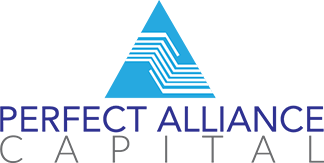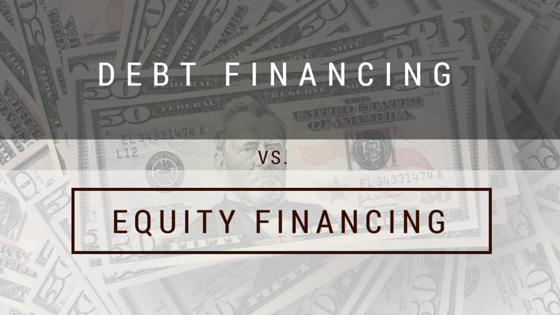Debt and equity financing always rise to the top of the lists of ways to get working capital, whether you are looking for financing to start a new business or grow an existing business. While debt and equity financing are used frequently, not many people know the difference between the two.
Equity Financing
Equity financing is when a small business gets working capital from an investor (friend, family member, venture capitalist, etc.) in exchange for a percentage of ownership of a company. Equity financing can come in the form of partnerships, revenue returns, or by selling off shares of company stock.
Equity financing is is used for long-term planning, a relatively large amount of money (upwards of $100K), or in anticipation of business growth. Business owners will typically compile hard data and financial projections to show potential investors that there is not only a need for working capital, but that the payoff will be well worth the investment. Keep in mind that investors usually look to see a return on their capital within three to five years.
Debt Financing
Debt financing is exactly what the name implies – the business takes on debt in exchange for working capital. Debt financing comes in the form of loans, credit cards, or by working with commercial financiers, and all forms of debt financing have to be paid back with interest.
Debt financing is used for short-term capital, or for amounts under $50K. Debt financing is used when there is a bit of a cash flow problem (say, money is needed to cover the materials used to fill a large order, but payroll will suffer if there isn’t additional working capital), to cover for customers who still haven’t paid for services or goods rendered by your company, or for many other reasons. Debt financing can also be arranged very quickly, which means businesses can have access to working capital in a matter of days (if not sooner).
Which type of financing is right for your business?
When it comes to Debt vs. Equity Financing, it all boils down to how the money is going to be used. If the money is needed to launch your startup, to complete a time-sensitive project, or to alleviate a temporary cash flow problem, then debt financing is probably the right solution for you. If your company is poised for large-scale growth, if your company is about to release a revolutionary product or service, or you are looking for long-term financing in order to take on larger client orders, then equity financing is a better fit for you.

